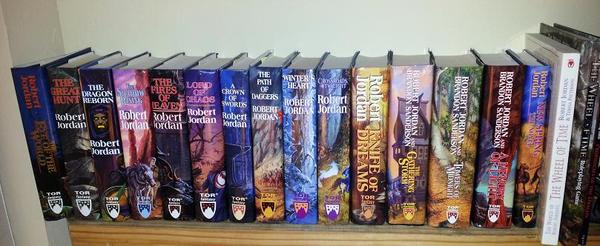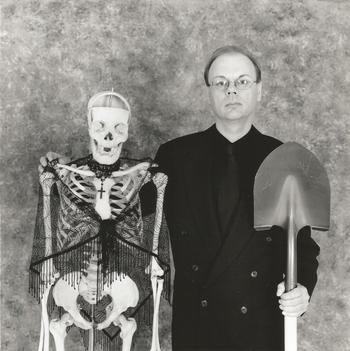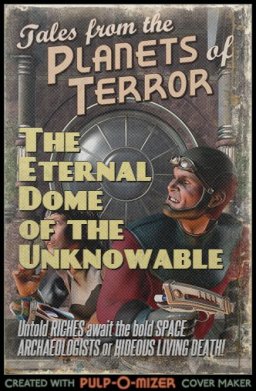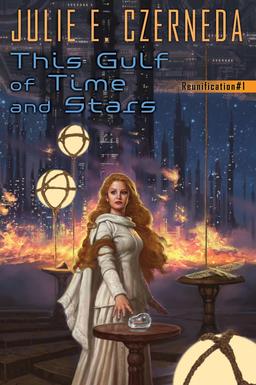
The Saratoga Hilton, site of the 2015 World Fantasy Convention
Ask a literary agent how writers should pursue representation, and they almost always say, “Go to any convention, and we’ll all be in the hotel bar.”
In years past, I’ve tried agent/author speed dating at the Nebulas weekend, pitch sessions with agents at writing conferences, commenting on agents’ manuscript-wish-list blog posts — all the in-person variations but the bar, because the bar is not my natural habitat. Then again, in years past, I didn’t have an award in my pocket. Lots of people may be ambivalent about awards, but agents like them. This year I figured I might be out of my element, but I would no longer have that aura of desperation that surrounds unpublished novelists with no specific prospects. I finally had something an agent might want.
So I set my sights on the World Fantasy Convention, a con known for a base of attendees consisting almost entirely of professionals in the field. I love a good panel, I love a good reading, I love a good casual schmooze, but I had a mission. One that was certain to throw me into a wide variety of interactions that would range from the awkward to the absurd, with perhaps a little sweet spot of productivity in the middle.
When John O’Neill asked me to write a con report, I told him I had none of the kinds of impressions people record in them. What I had instead was my misadventures in agent hunting. John was laughing already, and urged me to post it.
If you want to know about the World Fantasy Awards and their banquet, memorable quotes from notable figures, the controversy over the toothless harassment policy, I’m not your girl. Not this time, anyway.
But you can time-travel back to the start of my most recent unfinished agent hunt and watch me indulge my hubris.
…
Read More Read More









